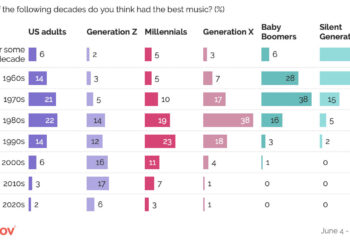In a New York Times Magazine feature every editor, writer, and publisher should read, Virginia Heffernan writes about “Content and Its Discontent.” Her observations are lucid and thought-provoking. She takes head-on the issue of migrating old-style content into new distribution and presentation media:
We have to develop content that metamorphoses in sync with new ways of experiencing it, disseminating it and monetizing it. This argument concedes that it’s not possible to translate or extend traditional analog content like news reports and soap operas into pixels without fundamentally changing them. So we have to invent new forms. All of the fascinating, particular, sometimes beautiful and already quaint ways of organizing words and images that evolved in the previous centuries — music reviews, fashion spreads, page-one news reports, action movies, late-night talk shows — are designed for a world that no longer exists. They fail to address existing desires, while conscientiously responding to desires people no longer have.
The past is rapidly receding as a vestige of the technologies we used to rely upon. Now, new technologies have overthrown them, or are in the process of insurrection.
Content has to change. It is morphing in function, which means it must morph in form. Modern content is geo-aware, identity-aware, and network-aware. It is brief, smart, crisp. It gets shipped around, linked to, and is rapidly supplanted by new information.
Given the power of information tools, content is no longer king. In fact, it now vies with applications, tools, and technologies to find relevance. And when the governance of content is of, by, and for the people, something truly revolutionary has happened.
(A nod to Stewart Wills’ excellent Twitter feed, featured as Side Dishes on this blog.)
![Reblog this post [with Zemanta]](http://img.zemanta.com/reblog_e.png?x-id=e4c73b84-7474-430a-998c-3cff6c5e420c)


